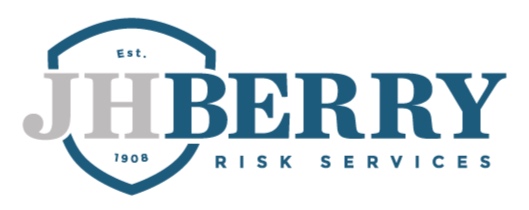To our Construction Surety Clients:
We know some of our clients have applied for, and in many cases obtained, Paycheck Protection Program (“PPP”) loans under the CARES Act. We have been supportive of this initiative. We further understand many of these clients may now be confused by the recent guidance issued by the SBA which emphasizes the borrower must certify their loan application meets a standard that includes undefined phrases. For example, the applicant must certify the impact of the “current economic uncertainty” makes the loan request “necessary to support the ongoing operations” and that the loan request considers “current business activity” and “access to other sources of liquidity.” Understandably, there is concern that failure to meet these undefined standards could lead to fines and penalties, or perhaps even criminal prosecution. This may place a business leader struggling to protect their organization in this unprecedented environment in an extremely difficult position.
We cannot make a determination on behalf of our clients as to whether they meet this standard or not, nor can we provide legal advice on this topic, though we do encourage our clients to seek legal counsel if they are concerned about the status of their PPP loans. We do recognize, however, we are a potential critical creditor to our construction clients, and therefore we believe it could be helpful to share how we perceive the current environment as it relates to the industry as a whole.
Our thoughts include these points:
1. We know there has been a negative impact from COVID-19 on many clients’ financial performance. Projects have been delayed and cancelled, costs to provide difficult to obtain PPE have increased, work schedules have been altered to accommodate distancing requirements, and labor attendance has been reduced due to personal health concerns. While we are aware of these events, we likely will not be able to fully evaluate our clients’ financial situation until we receive, at the earliest, June 30, 2020 half year financial statements in August or September of this year. Not knowing the level of financial impact increases the difficulty of supporting our clients’ surety programs.
2. Many of our clients have bank lines of credit. They may feel these lines constitute the “ability to access other sources of liquidity.” We generally have a negative view on the use of line of credit proceeds to cover operating expenses. One reason we take this position is because a bank line of credit represents a liquidity option of last resort. Further, our claim experience tells us banks often have the ability to demand repayment if they deem themselves to be sufficiently insecure. For these reasons we are typically reluctant, and may be unwilling, to extend surety credit to a client with no remaining liquidity reserve or who becomes heavily reliant on their bank line of credit.
3. We appreciate that the immediate impact of COVID-19 on contractors is partially blunted by ongoing construction projects, but to avoid lasting harm and payroll shrinkage, in-progress construction projects must be replaced as they complete. The environment for such replacement has become uncertain as some economic forecasts project shrinkage. Private sector building activity may decrease and a decline in tax revenues may lead to a similar reduction in state and municipal building activity, which represents the majority of public sector construction. Infrastructure programs and Federal programs to provide aid to states are being discussed but are far from finalized. As such, absent additional funding, certain of our clients who do not take steps to reduce costs and increase liquidity may be poorly equipped to endure the current economic cycle.
4. Finally, our clients are facing a time of elevated credit risk. Accounts Receivable constitute a significant portion of many clients’ working capital, which is a critical component of our evaluation for surety support. If our clients are holding receivables from project owners whose businesses are embattled by the COVID-19 pandemic, then this could impact our clients’ ability to collect. Since failure to collect accounts receivable can have a significant negative impact on financial health, we view this as an elevated risk factor that is reduced by additional liquidity.
In summary, we view the maximization of capital and liquidity, including appropriate funding obtained from the PPP, as important to guard against these unknown risks, and we therefore believe in many cases such additional funding may well be necessary to support the availability of surety credit.
Our underwriting and willingness to support our clients through this difficult time is individual to each client, and each client has different levels of need for additional funding. Any steps taken by our clients to better position themselves for this uncertain environment are important from an underwriting standpoint.
We value our relationship with you as a client of Travelers, and we appreciate your taking the time to understand our position.
Sincerely,
Robert L. Raney













